
A group of consumers says that Honda CR-V and Accord vehicles are affected by a parasitic draining defect that causes electrical components to draw down the battery – even when the car is turned off.
Lead plaintiffs Andre Cruz, Mitchell Bryon Pazanki, Dayane Tessinari, and Fernanda Nunes Ferreira lodged a nationwide class action lawsuit in Florida federal court Tuesday. They say that Honda knew of the parasitic draining defect that leaves owners of 2017-2019 CR-Vs and 2016-2019 Accords with unexpectedly dead batteries.
Each of the plaintiffs claim that the batteries in their Honda Accords or CR-Vs failed prematurely due to the alleged battery defect.
Parasitic draining allegedly occurs when electrical components in a vehicle fail to shut down once the vehicle is parked and turned off, which in turn allows the components to continue consuming power from the battery. The vehicle safety defect can leave motorists stranded, potentially in dangerous situations, say the plaintiffs who also point out that the problem can affect emergency hazard lights and headlights.
The plaintiffs say that even replacing the battery does not cure the defect.
“Repeated draining of a vehicle’s battery progressively weakens a battery until ultimately the battery fails and needs to be replaced,” explains the class action lawsuit. “Even prior to complete failure of a battery, excessive draining can cause electrical components of the vehicle such as hazard lights, headlights, and taillights to fail without warning, including when the vehicle is being driven.”
The class action lawsuit contends that car owners should expect their batteries to last approximately six years or more. The parasitic draining defect allegedly affecting Honda Accord and CR-V vehicles results in a much shorter battery life.
The plaintiffs say that they and other consumers would not have purchased or paid as much for their Honda Accord or CR-V vehicles had they known about the battery defect. They allege that the carmaker knew of the parasitic draining defect, but hid the problem from the public.
Indeed, Honda was hit with a parasitic draining defect class action lawsuit lodged in Iowa federal court in May of this year.
The plaintiffs in this class action lawsuit allege that Honda touts the CR-V and Accord as safe and reliable vehicles. In total, the carmaker has sold and leased millions of these vehicles that allegedly suffer from the parasitic drain defect, they say.
In addition to the plaintiffs’ experiences, the class action lawsuit points out consumer complaints lodged with the National Highway Traffic Safety Administration over Honda CR-V and Accord batteries. The plaintiffs accuse Honda of violating state consumer protection laws and federal warranty laws, as well as fraud and unjust enrichment, by knowingly selling cars with the parasitic draining defect.
The plaintiffs seek to represent Honda CR-V and Accord owners and lessees nationwide, along with a Florida subclass.
The class action lawsuit wants to hold Honda responsible for the expenses suffered by Accord and CR-V owners, along with statutory and civil penalties, and attorney and court fees.
Do you own a Honda CR-V or Accord? Have you had issues with the battery? Tell us about it in the comment section below!
The lead plaintiffs are represented by Mark. J. Dearman and Eric S. Dwoskin of Robbins Geller Rudman & Dowd LLP, and Marc A. Wites of the Wites Law Firm.
The Honda CR-V, Accord Defect Class Action Lawsuit is Cruz, et al. v. American Honda Motor Company, Inc., Case No. 0:21-cv-61130-XXXX in the U.S. District Court for the Southern District of Florida.
Don’t Miss Out!
Check out our list of Class Action Lawsuits and Class Action Settlements you may qualify to join!
Read About More Class Action Lawsuits & Class Action Settlements:



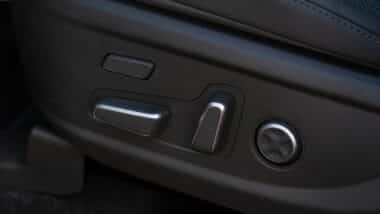
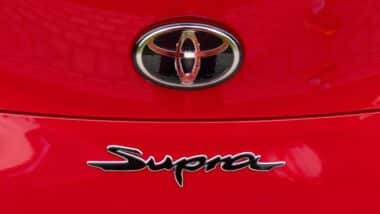

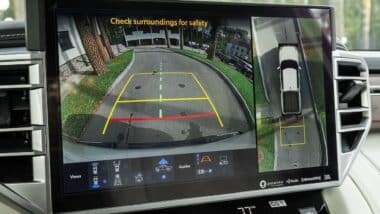
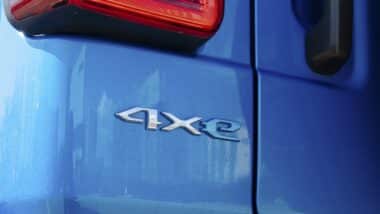


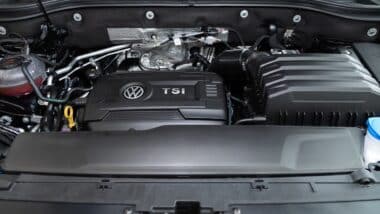


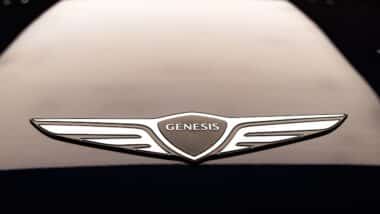

200 thoughts onHonda CR-V, Accord Parasitic Draining Defect Alleged In Class Action Lawsuit Over Batteries
i have owned Hondas all my life. I was recently forced to buy a used Honda Accord EX 2015 because someone totaled my other car. I have had it into Gillman Honda 4 times due to an undiagnosed parasitic draw with no resolution. I’m now having to charge my battery every week for 5 hours to recharge it completely, this is insanity. I feel like I don’t have any resolution in sight and am still paying $289 @ month for 3 more years. Clearly I was sold a Lemon by John Eagle Honda Houston.
I own a 2015 Honda CRV touring model. It also doesn’t start up reliably. It started with the drivers door key fob not working properly. The car would lock and unlock itself, causing the battery drain. Replaced the mechanism and it still drained the battery and wouldn’t start. Took it to the mechanic and it started until I went to pick it up, then didn’t start. Took it to Honda and they said it always started for them. They claimed there was no issue, battery and alternator were good and no parasitic draw. I asked for a software update to the vehicle stability assist system and they claimed there was no update. I’ve seen claims where this fixed the issue. So long story short, I’m picking up my car with no real answers and a real safety concern on my hands.